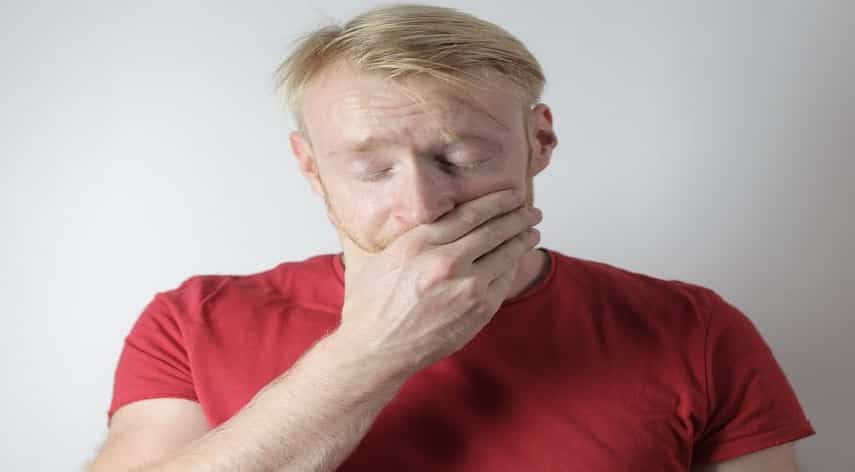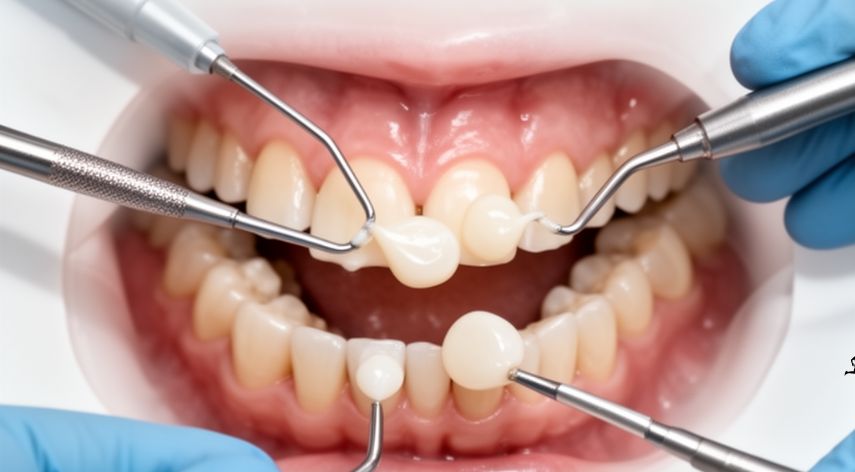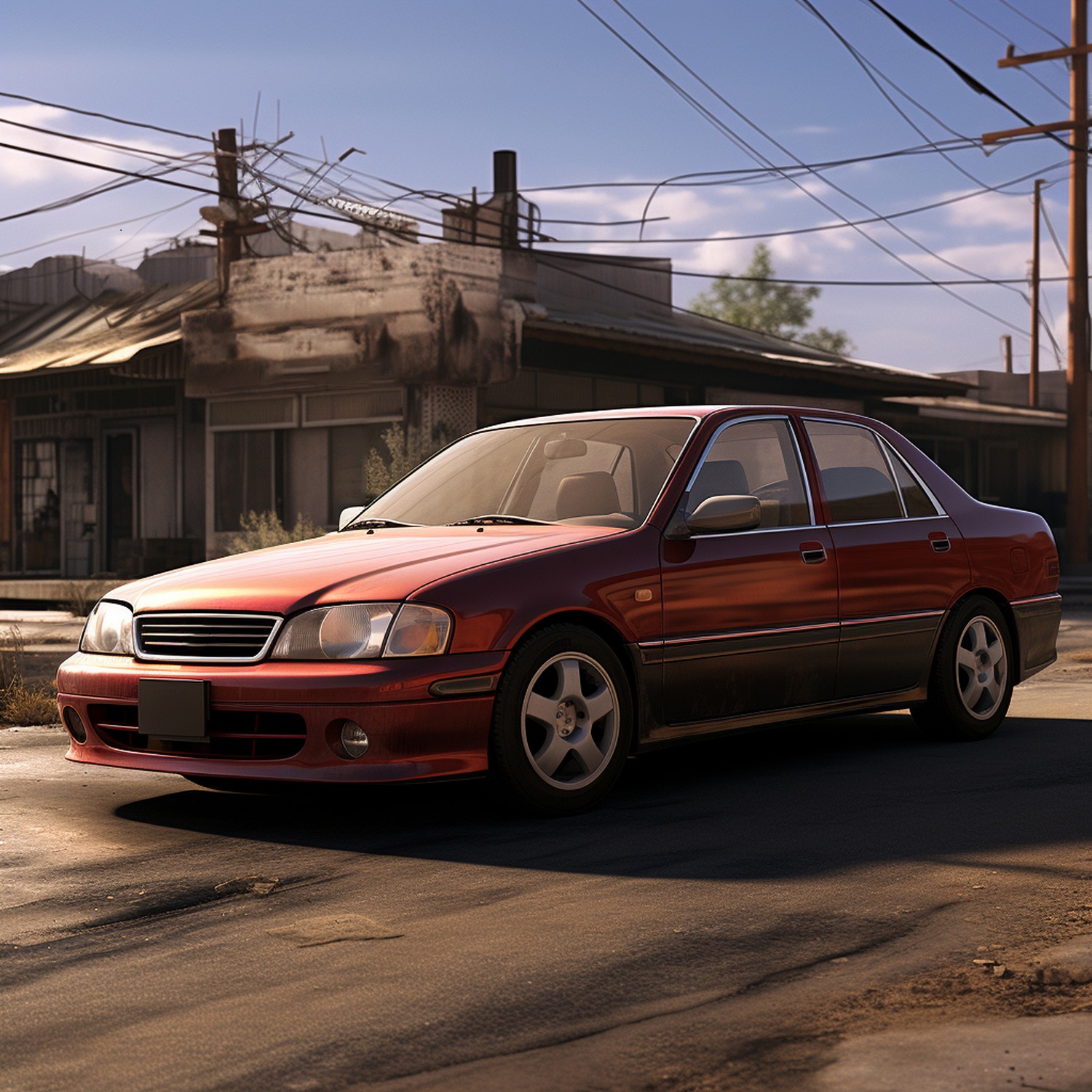What Are Hiccups? Everything You Need to Know

Did you know that almost all mammals get hiccups? While most people only experience hiccups once in a blue moon, and they are usually short-lived, once in a while, hiccups can be a sign of something more serious. In the blog post below, we answer the question “what are hiccups?”, along with tips to get rid of them and some causes.
Read on to learn the ins and outs of hiccups.
What Are Hiccups?
In short, hiccups are spasms in the diaphragm. The diaphragm is the muscle responsible for helping us breathe. It separates the intestines and stomach from the lungs.
Whenever we breathe in air, the diaphragm pulls that air down into the lungs, and when we exhale, the air escapes through the nose and mouth. If the diaphragm contracts involuntarily, then that air that is inhaled gets pulled into the lungs and the fold that is above the windpipe closes. When this fold of skin (AKA the glottis) closes, it causes the hic sound.
Getting Rid of Hiccups
There are a few ways to get rid of hiccups; you will want to try them out to see which works best for you. One method is to close your mouth and hold your lips close to each other.
Another method is to eat some sugar or drink extra water. Some people treat their hiccups by eating some peanut butter. You can read more about this here.
Please keep in mind that if your hiccups last longer than 48 hours, it is best to go see a doctor. Hiccups that last that long are a sign that there is an underlying issue. There might be an issue with the stomach, the spinal cord, the brain, or blood composition.
Hiccups Causes
The exact cause of hiccups is not really known, but there are some things that can trigger a hiccup session. If we eat or drink too fast, it can cause the glottis to fold, and then the hiccups will begin. Swallowing air can spark the hiccups.
Some people experience hiccups with emotional triggers. For example, too much excitement at once or an emotional shock.
Abrupt temperature changes can also trigger it. For example, jumping into a cold shower or taking a hot shower and stepping into a cold room afterward.
Also, there are some medications that can lead to hiccups. Certain opioid pain relief medications cause hiccups. There are some chemotherapy drugs and benzodiazepines for anxiety that will trigger them as well.
Feeling Like a Hiccups Expert?
Now that we answered “what are hiccups?” and everything you need to know about hiccups, you can impress your friends and family the next time they end up hiccuping around you. You can also use our tips above to help you deal with your own hiccups.
If this blog post came in handy, please continue browsing our health section to catch up with our latest reads.
Alice Christina, a seasoned health writer, combines her passion for wellness with a strong foundation in evidence-based research. She crafts insightful content that empowers readers to make informed health decisions. Alice's expertise shines through her concise and reliable health articles.
Recommended For You
In the heart of the City of London, maintaining excellent oral health is essential for busy professionals and residents alike.
If you’re searching for “composite bonding near me” in London, it’s important to know what truly sets a clinic apart.
Cancer affecting the urinary tract and male reproductive organs requires specialized care. This is where uro-oncology plays a crucial role.
Browse by Category
- Travel
- Technology & Gadgets
- Sports & Games
- Software
- Shopping
- Reviews
- Real Estate
- Numerology
- News
- Make Money
- Lifestyle
- Law
- Home Improvement
- Health
- Gardening
- Games
- Finance
- Entertainment
- Education
- Digital Marketing
- Diet and Fitness
- Dating
- Construction
- Celebrity
- Career and Jobs
- Business
- blog
- Angel Number



